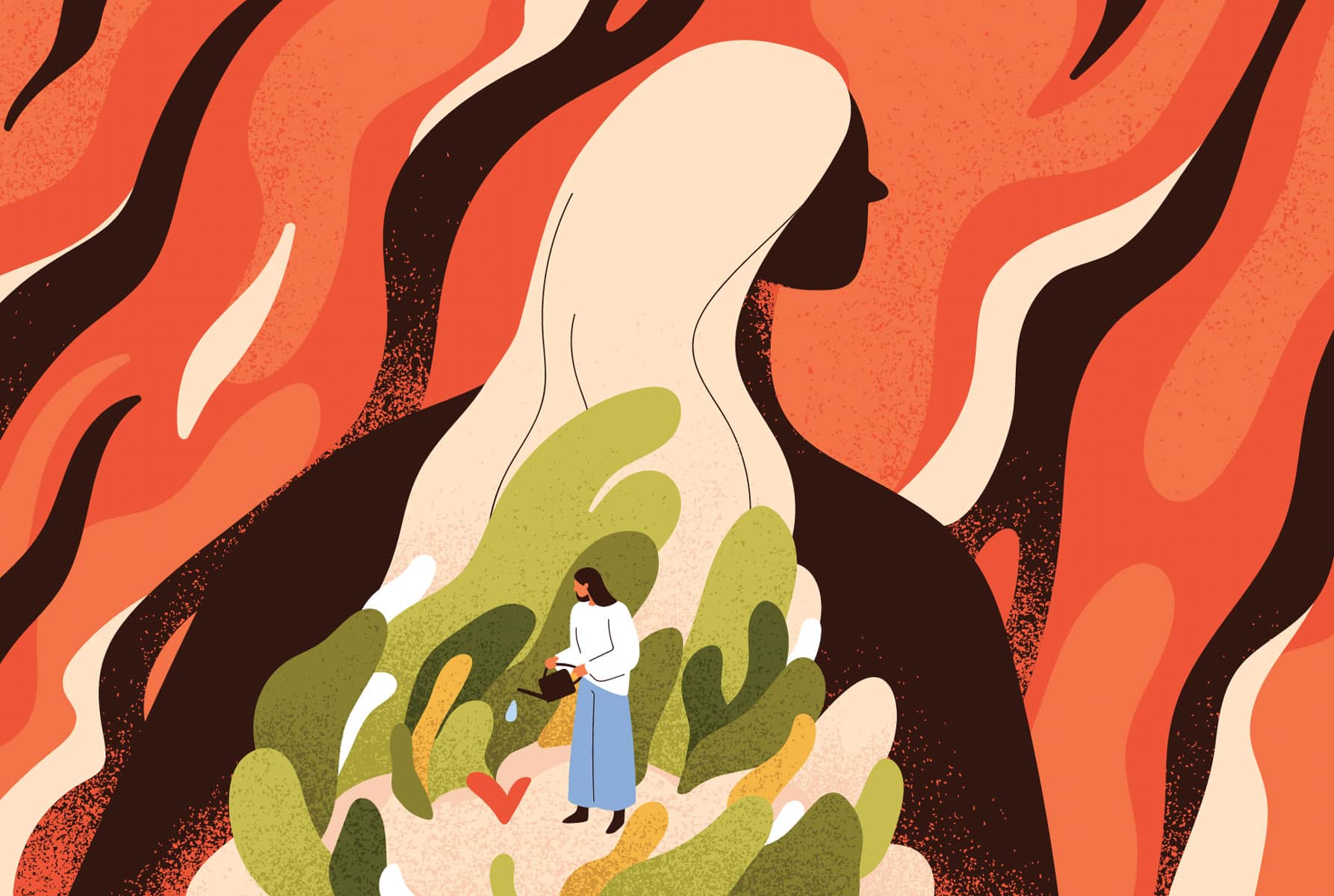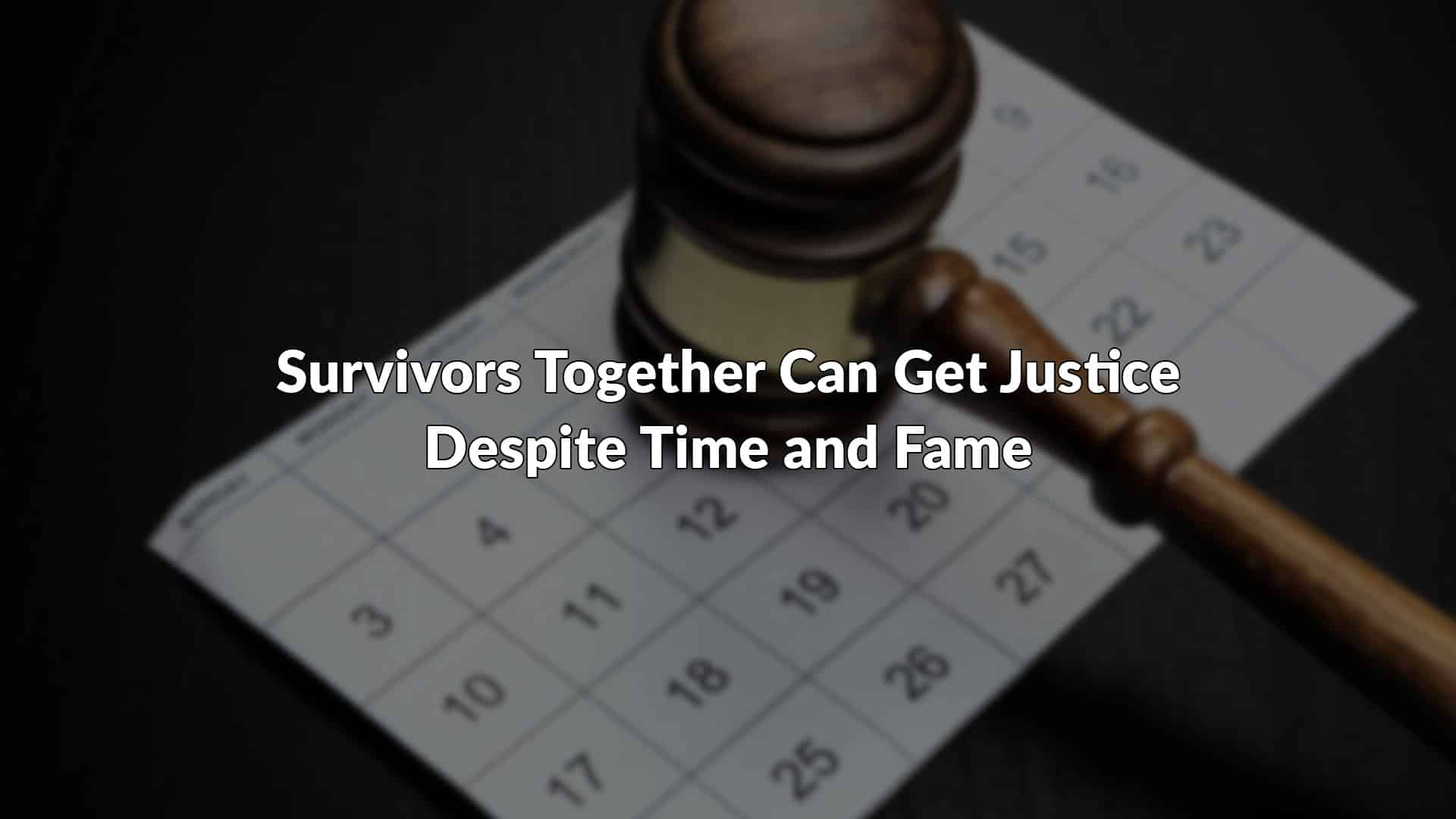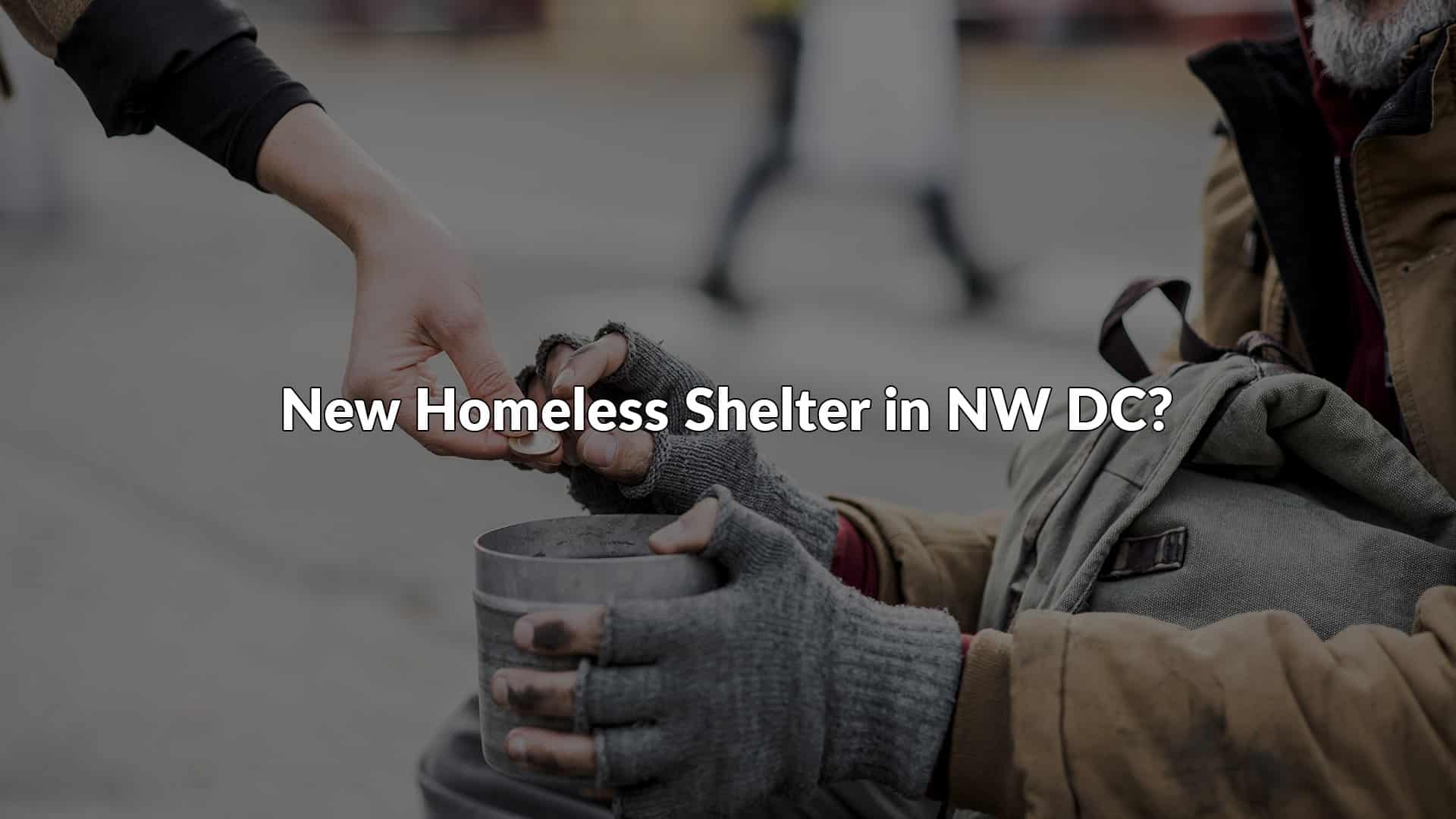The first to speak was Tina Frundt, Executive Director and Founder of Courtney’s House.Courtney’s House is a non-profit that searches for children being forced into commercial sex,embraces the survivors and brings them into a safe environment, trains community officials, and creates awareness of the reality of sex trafficking. Tina focused on the necessity of using the correct terminology when discussing victims of trafficking with law enforcement and attorneys.She also gave a brief overview of four common forms of sex trafficking in the DC metro area.
Next was Stacie Reimer, Executive Director and Founding Partner at the Amara LegalCenter. Stacie talked to the audience about the free legal services provided by Amara and shared insights into providing trauma-informed legal services to survivors of sex trafficking. In addition,Stacie explored the various nonprofit partnerships that Amara has throughout the DC area including but not limited to Courtney’s House, HIPS, and Fair Girls.
Third was Professor Jessica Emerson. Professor Emerson directs the Human Trafficking Prevention Project of the Saul Ewing Civil Advocacy Clinic at the University of Baltimore Law School. She spoke about providing legal services to victims of human trafficking who have been convicted of an offense in relation to their trafficking. Jessica explained the difference between expungement, sealing/shielding, pardons, and vacatur and how each can uniquely assist a victim.
Following Professor Emerson was Martina Vandenberg. Martina is the Founder and President of the Human Trafficking Pro Bono Legal Center. Martina presented on the strategies and tactics by advocates to receive restitution for victims of labor and/or sex trafficking. Event hough the tactics are evolving, she pointed out obstacles in the legal system to receiving adequate compensation for victims.
Last was Katherine Soltis. Katherine provides comprehensive legal services to human trafficking victims at the nonprofit Ayuda through direct immigration representation, community outreach, and referrals for civil legal remedies. Katherine elaborated on services provided for immigrants who are survivors of trafficking. In particular, Katherine gave a brief overview of the types of visas survivors can receive and the eligibility requirements for these visas.
Damir Siahkoohi is a 2L at the American University Washington College of Law and a current Legal Fellow at the Amara Legal Center. Damir’s legal interests include Constitutional law and combating Human Trafficking.



